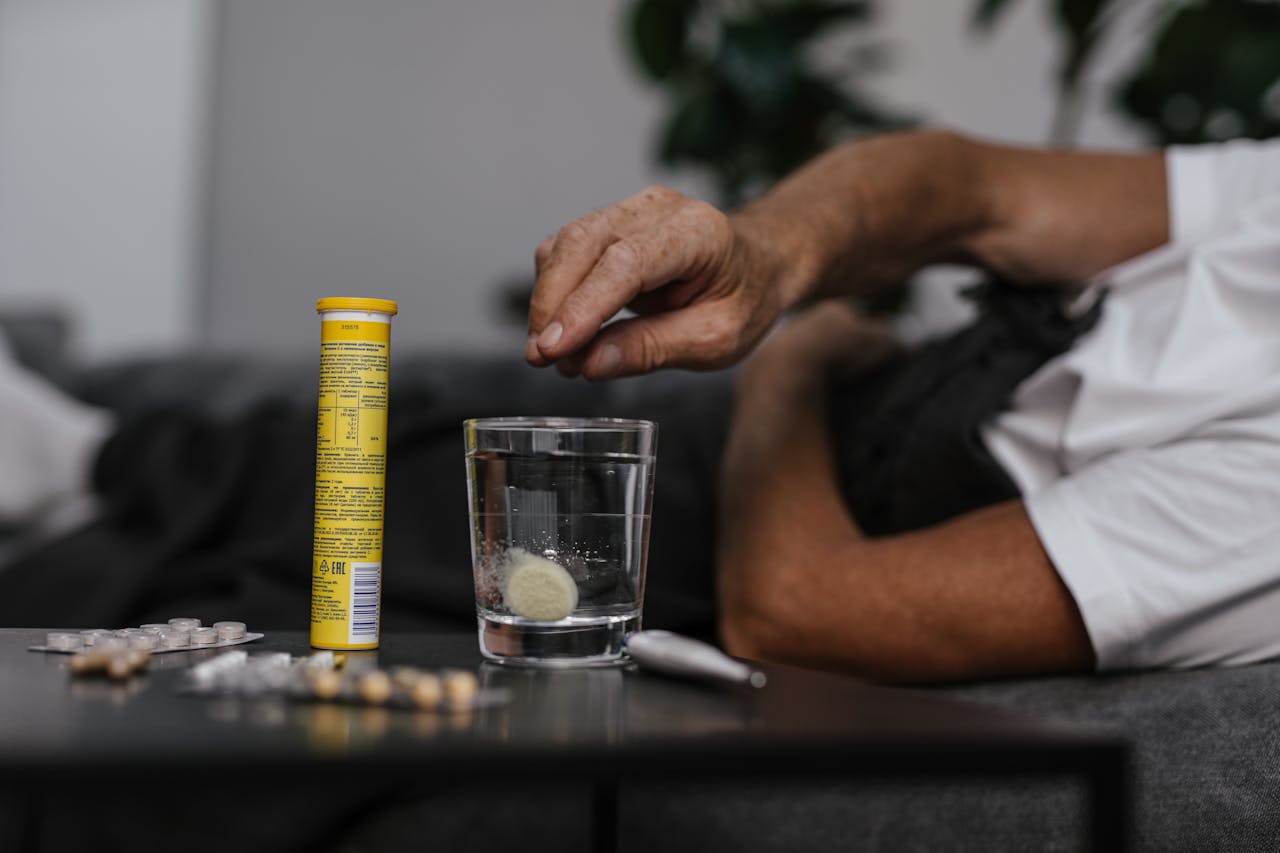Write Us: hello@ali5.org
How to Support Gut Health Without Expensive Supplements
Learn how to support gut health without expensive supplements. Discover budget-friendly foods, habits, and lifestyle tips to keep your digestion and overall health in balance.

It’s important to take care of your gut health these days. It does more than just break down food in the gut. It changes your health, your energy, your mood, and even how clear your mind is. Still, a lot of people think they need to buy pricey probiotics, fancy pills, or special drinks to back it up. The truth? What you eat and how you live can easily help your gut, and it won’t cost you a lot of money.
This is how you do it.
How to Understand Your Gut
The gut microbiome is the group of germs that live in your gut. They have fungi, viruses, and bacteria in them. These little moving things are important for:
- Taking in food
- Making vitamins like K and B12
- Keeping your defense system in check
- Affecting mental health and happiness
Your energy will stay steady, your stomach will feel smooth, and you will be less likely to get soreness after a while. It could give you gas, make you tired, or even cause worry and mood swings if it’s not balanced.
Taking a pill isn’t the only way to help your gut. It’s about making a place for your bacteria to grow and thrive.
1. Eat a lot of different kinds of whole foods.
Change is important for good health. The more different kinds of food you eat, the more different kinds of bugs live in your gut. A broad microbiome is linked to better digestion, lower inflammation, and a stronger immune system.
Pay attention to:
- Leafy greens like spinach, kale, broccoli, carrots, and peppers
- Apples, berries, pears, and bananas are fruits.
- Oats, brown rice, and quinoa are all whole foods.
- Beans, chickpeas, lentils, and other legumes
These foods have different kinds of fiber that feed different kinds of bugs. It’s good for your gut to eat a range of foods.
2. Adding prebiotic foods to your diet
They are a type of fiber that feeds the good bugs in your gut. You can get them without taking drugs. Prebiotics can be found in many everyday foods:
- With onions and garlic
- Spring onions and leeks
- Bananas (the best ones are a little green)
- We have apples, berries, and pears.
- Grains that are whole, like barley and oats
Each meal should have at least one precursor food. It’s an easy and natural way to keep your bacteria healthy.
3. Eat foods that have been fermented
Probiotics are live bacteria that are good for your gut and can be found in many fermented foods. They offer a variety of types and nutrients, unlike vitamins:
- You can choose plain yogurt or kefir.
- Pickled cabbage or kimchi
- Soy sauce and tempeh
- Pickles that naturally sour
Start small. Too much fermented food too quickly can give you gas or bloating, but eating it slowly can help your stomach and make your gut stronger.
4. Eat less sugar and cooked foods.
Sugar and ready-made foods are food for the bad bugs in your gut. Over time, this can throw your body out of balance, which can lead to bloating, inflammation, and craves.
Simple changes can make a big difference:
- Instead of pop, drink water or green tea.
- Instead of candy or sweets, pick whole veggies.
- Instead of white bread and pasta, choose whole grains.
- Cutting back on sugar and processed foods, even if only a little, helps your gut bacteria grow.
5. Drink enough water
Water is very important for breaking down food. Your gut’s mucous layer stays healthy and moves fiber around your body. Not drinking enough water can slow down your body’s processes and make constipation worse.
Every day, try to drink eight glasses of water and eat lots of water-rich foods, like cucumbers, tomatoes, and oranges. Herbal teas also count.
6. Deal with stress
Most people don’t know how much stress can hurt their gut. The gut-brain axis links the gut and brain, which means that stress can change your bacteria and make inflammation worse.
How to deal with stress:
- Take deep breaths or meditate.
- Short walks every day
- Writing in a journal or calling a friend
- Things that calm you down
- An hour or two of stress relief every day can help your gut health over time.
7. Make good sleep a priority
Not getting enough sleep can change the bacteria in your gut and make you want sugary, prepared foods more. To keep your gut healthy and your health in general:
- Try to get 7–9 hours of sleep every night.
- Stick to a regular sleep plan.
- One hour before bed, stay away from screens.
- Set up a relaxing bedtime routine.
- Getting more sleep is good for your health in general and helps your stomach.
8. Get up and move around
Gut motion means that food moves easily through your digestive system when you move around regularly. Microbial variety is also increased by exercise, which is important for a healthy gut.
You don’t need a tough practice. Some simple choices are:
- Every day walks
- Do some yoga or light stretching
- Doing dances at home
- Workouts with your own body
- Moving around every day for just 20 to 30 minutes is good for stomach and gut health in general.
9. Put in some healthy fats
Healthy fats help the body absorb nutrients and lower inflammation. Add these:
- Olive oil
- Avocados
- Seeds and nuts
- Oily fish, like salmon
These fats are important for a healthy gut and body in general, but they should be eaten in moderation.
10. Pay attention to your body
Each person has a different gut. Keep an eye on how your body responds to different foods and habits. Keeping a simple log of what you eat and your symptoms can help you find trends and the best things for you.
Gut health doesn’t mean being perfect. It’s all about making choices that you know you’ll stick with.
In Short
It’s not necessary to buy pricey pills or popular powders to support gut health. It all comes down to easy habits that last:
- Eat a range of whole foods.
- Fermented foods and prebiotics should be included.
- Cut back on artificial foods and sugar
- Drink water, get enough sleep, and deal with worry.
- Make sure you move and eat healthy fats.
Your mind can handle a lot. You can improve your digestion, boost your immune system, and even improve your mood without spending a lot of money by making small changes over time.
Begin right now. Small choices made on purpose add up and, over time, make your gut work for you on its own.







